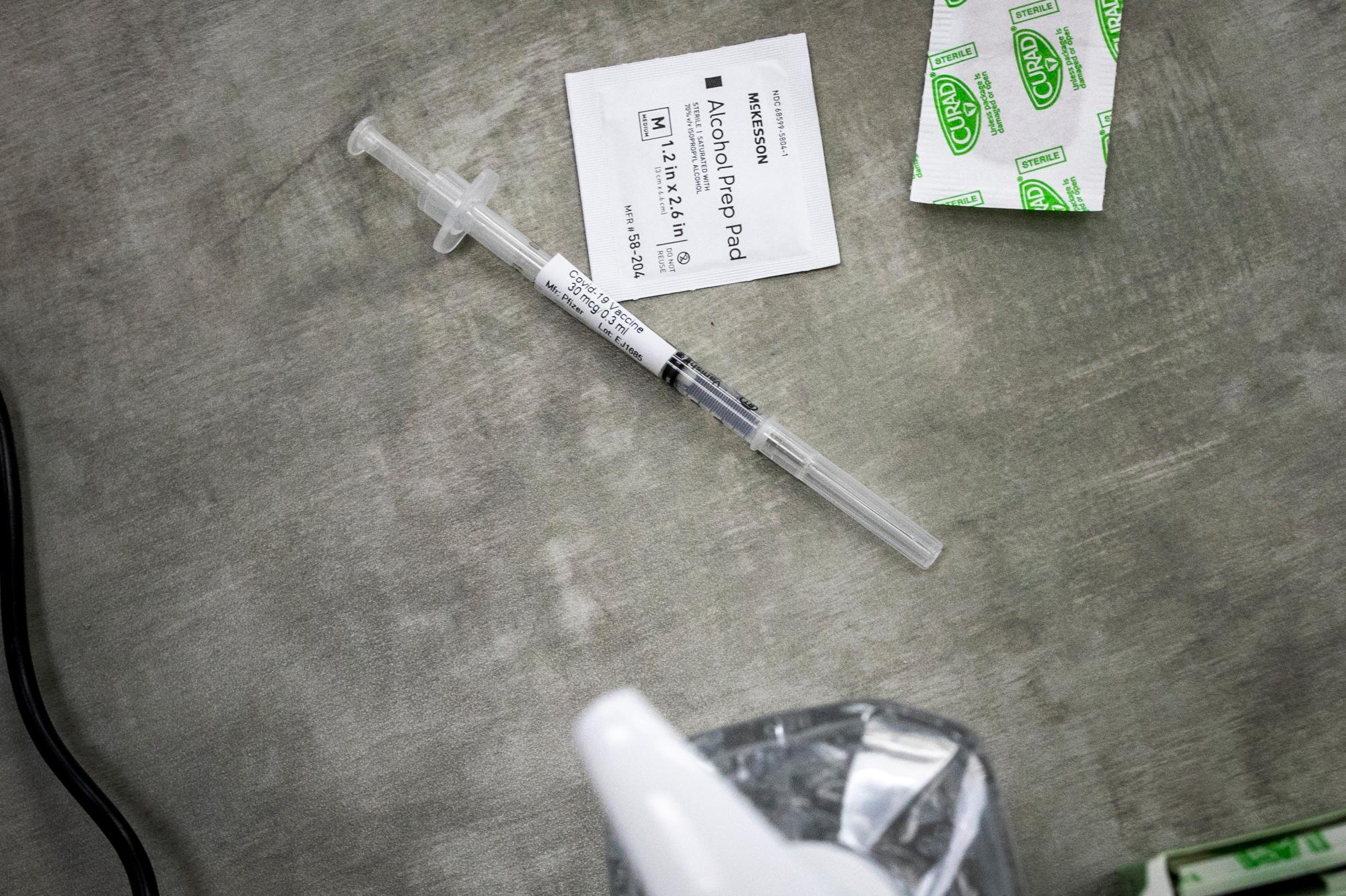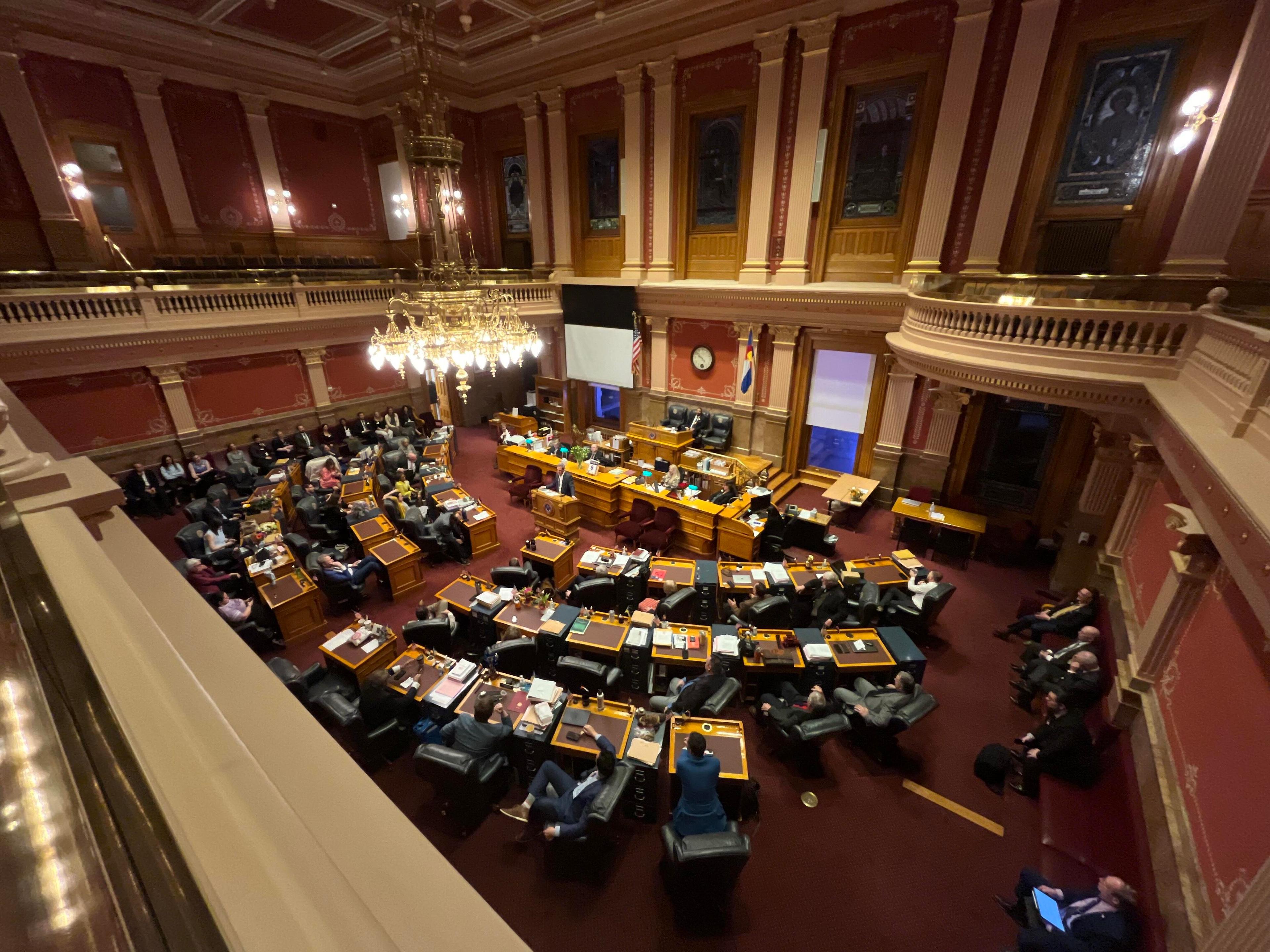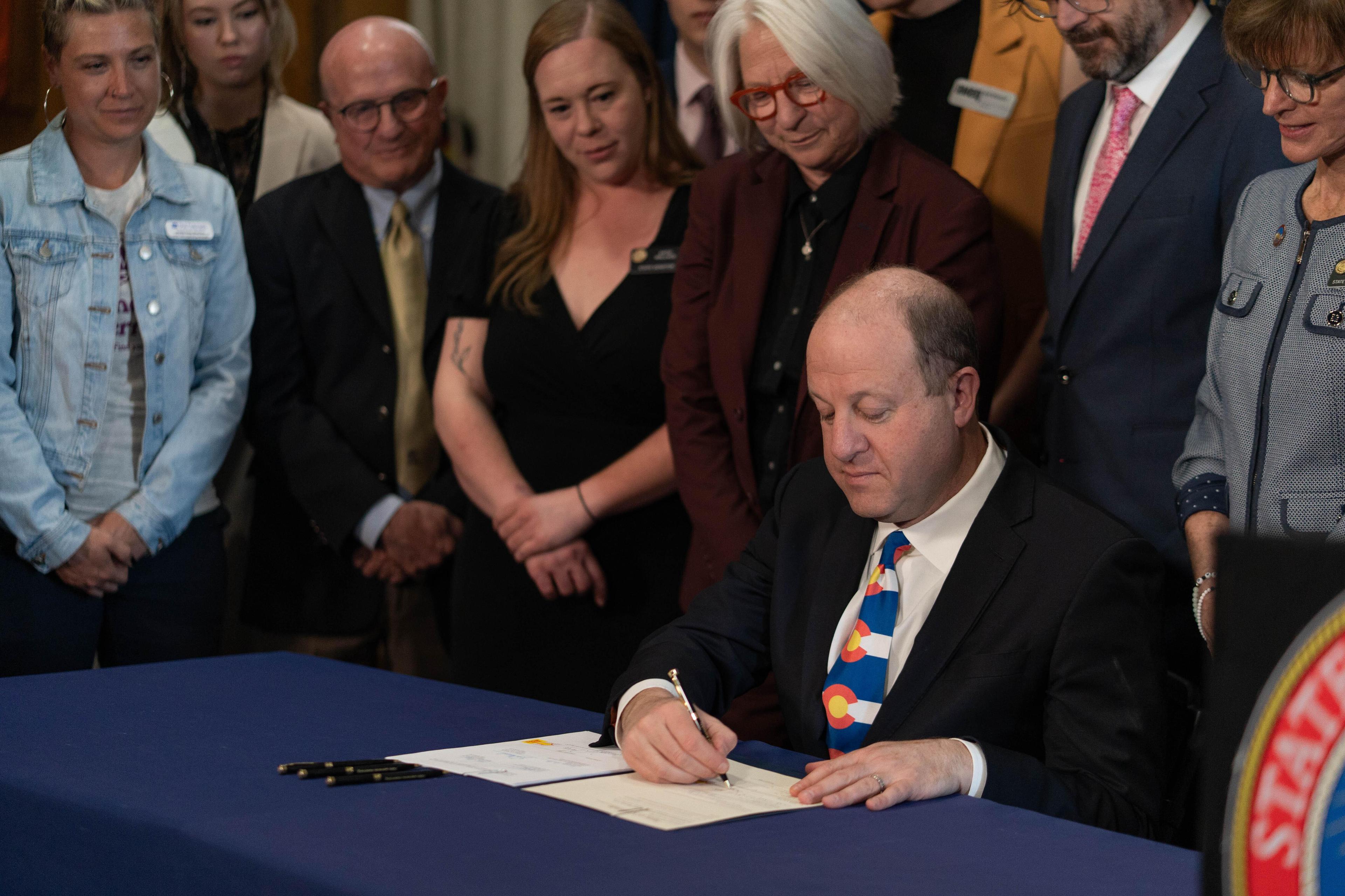
Gov. Jared Polis defended his decision to vaccinate inmates at the Buena Vista prison ahead of schedule but indicated it wouldn’t apply to inmates in other facilities.
The decision to vaccinate the prisoners stems from the discovery that the South Africa variant has infected two prison guards and one inmate at the facility, west of Colorado Springs. The variant is more contagious and seems to be able to evade antibodies more successfully — whether they’ve been built up from a previous infection or through a vaccine.
Some researchers and prison advocates have recommended the state vaccinate all inmates in an earlier phase of the vaccine process because of the close living environment in prisons where the virus can spread rapidly. But Polis said the decision whether to vaccinate certain people earlier than planned will be made on a case-by-case basis.
“If there's more deadly variants that are identified, whether it's [in] a nursing home or prison, or simply a family or a school, we then surge vaccines to the impacted community,” the governor said.
Earlier, the state had announced inmates and others in congregate living facilities like those experiencing homelessness would be prioritized in the vaccine process. But Polis later decided they would be moved down the priority list and, like the rest of the population, be vaccinated depending on their age group and other factors.
That decision contrasts with 18 other states — including Kansas, Alabama, Alaska and Oregon — according to Kaiser Family Foundation, which is tracking vaccine policies.
The discovery of the variant first detected in South Africa is the first time the strain has been found in Colorado but it’s turned up in other states including California, Texas, Florida and New York, said state epidemiologist Rachel Herlihy.
She said the state is making every effort to contain the variant in the Buena Vista prison.
“We're in the process of testing all staff and incarcerated people at the facility and we are also onsite providing vaccination,” Herlihy said. “Later this week, we will host a vaccination clinic for family members and close contacts of [prison] staff.”
Prison guards have already been eligible for vaccines under state guidelines but Polis said he was not satisfied with the number of prison guards who have gotten the vaccine and is trying to figure out ways to increase those numbers.
Rachel Herlihy said there doesn’t appear to be widespread transmission of the variant at the prison. She said at this point, fewer than 10 positive cases have been identified from the first 500 specimens that the state lab tested yesterday.
But Herlihy also underscored concerns that the South Africa variant seems to be able to get around antibodies.
“Not all antibodies that our immune system has made can really grab onto that new variant quite as well,” Herlihy said. “This means that some of the antibody treatments may be a little less effective than for other strains of COVID-19 and a person who has already had the virus might be more likely to be reinfected than other strains.”
Among the three cases detected earlier this week at the prison, one of the prison guards appears to be a case of reinfection.








